Malaysia's Highland Farmers Fight For Survival In Pandemic
Vast tea plantations spread out over Malaysia's rugged highlands, where a network of greenhouses harvests fruit, vegetables and flowers and crops nestle in the hills.
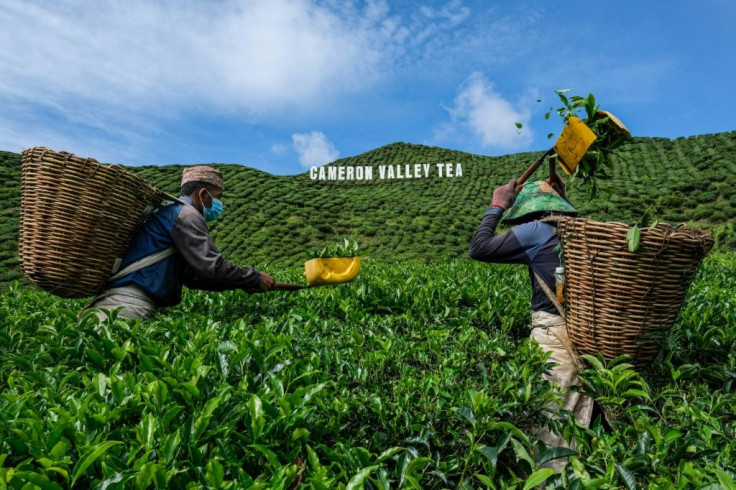
At first glance, the scenes present a picture of idyllic rural life in the Cameron Highlands, a hill station in the tropical Southeast Asian nation established during British colonial rule.
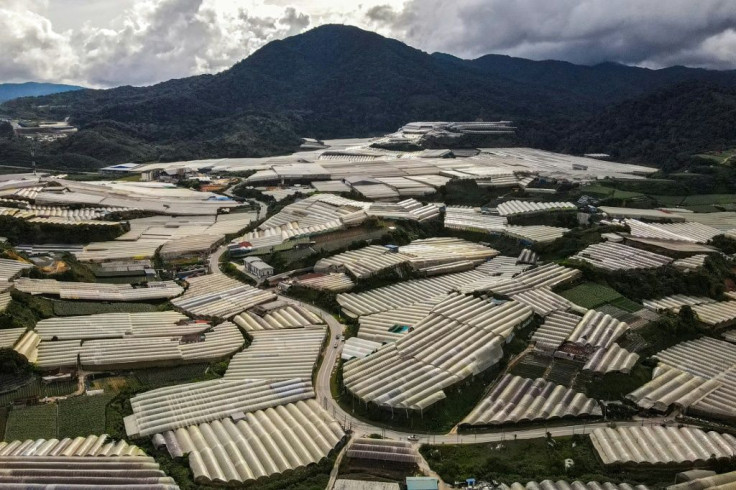
But the region's farmers are fighting for survival due to a worsening coronavirus outbreak that has decimated the vital tourism industry and caused labour shortages.
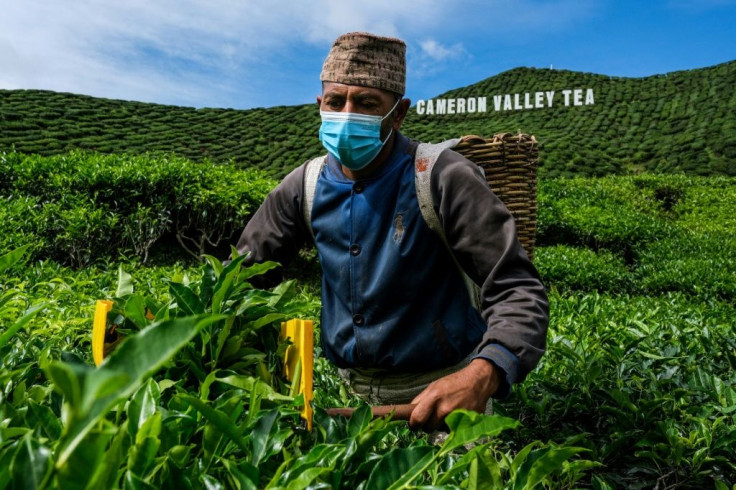
"I have been farming for 40 years, and this pandemic is the worst crisis I have experienced," Chai Kok Lim, president of the Cameron Highlands Vegetable Farmers Organisation, told AFP.
Malaysia's outbreak is driven by the Delta variant. To date, authorities have reported about 880,000 cases and more than 6,600 deaths.
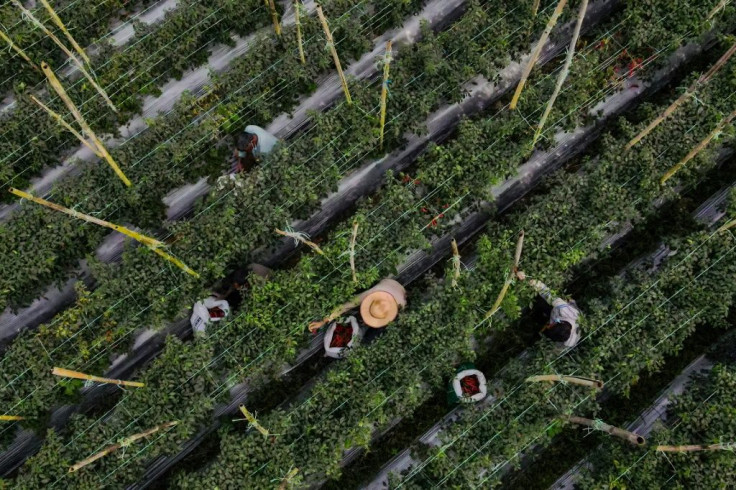
The government imposed a new nationwide lockdown at the start of June, dealing a fresh blow to the already struggling economy.
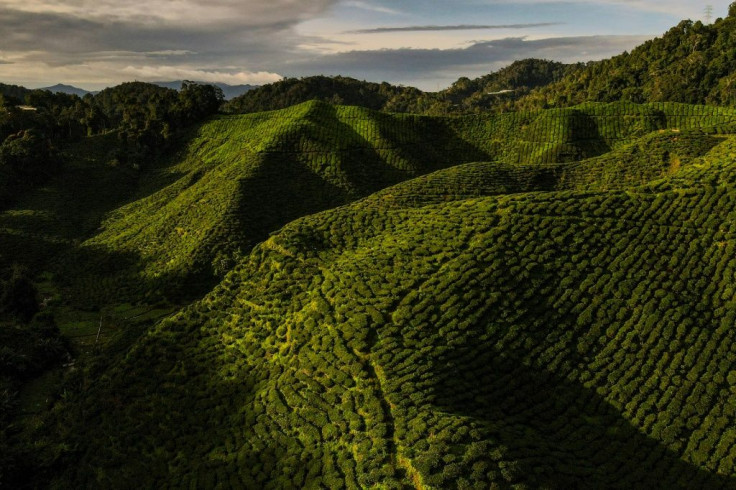
The Cameron Bharat Plantation -- over 600 acres (240 hectares) of tea estates sprawling over hills -- is facing problems typical of the region's agricultural sector.
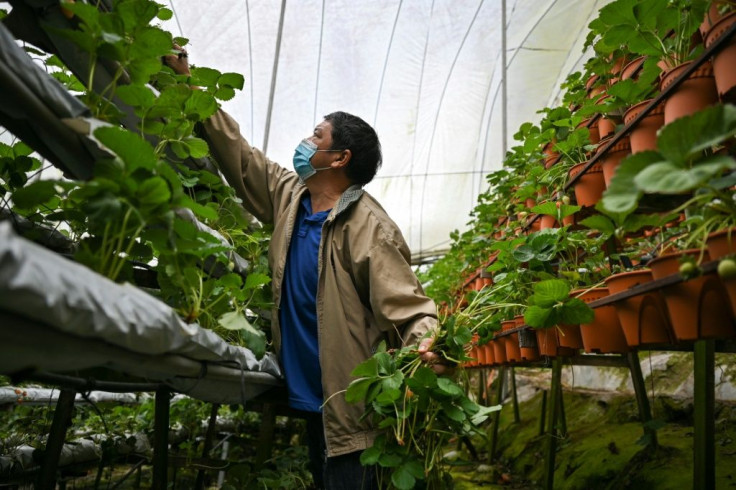
Visitor numbers have dwindled to almost zero due to Covid-19 travel curbs, hammering revenues and forcing the plantation to close two shops for tourists.
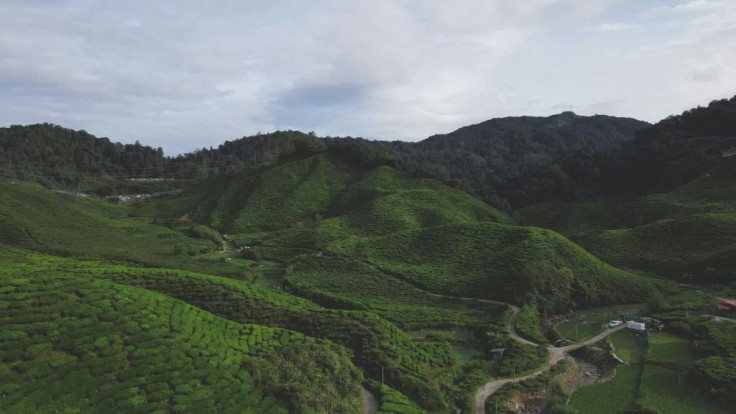
Manager Francis Xavier said the plantation is also suffering from a shortage of migrant labour as travel restrictions mean he can't bring in new workers. He said that most Malaysians shun the tough, dirty work.
"If we do not have sufficient labour, it will hurt our production schedule and affect our income," he said, adding the company needed to be ready for an upswing in demand when curbs lift and tourists return.
Vegetable, fruit and flower farmers in the highlands also complain of falling demand, problems finding workers and the rising cost of materials such as fertiliser.
Parveen Kumar Mohan grows chrysanthemums, which are commonly used in celebrations and religious ceremonies by Malaysia's sizeable ethnic Indian minority.
But the 31-year-old said he does not have enough workers to harvest the flowers.
Even if the crop was harvested, he would not be able to sell the flowers because there is no demand for them. "Temples are closed and there are no tourists," he explained.
Chai of the farmers' organisation said that Malaysian consumers will ultimately be the ones impacted by the crisis.
© Copyright AFP 2024. All rights reserved.




















